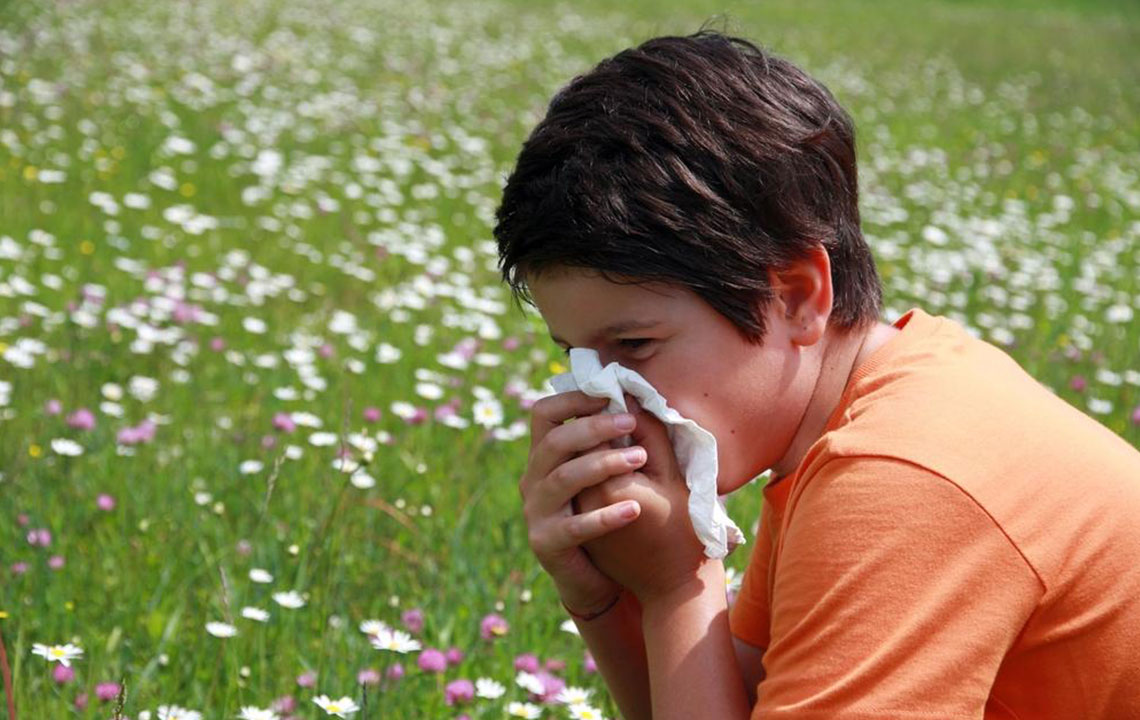Comprehensive Strategies to Prevent Bacterial Lung Infections and Maintain Respiratory Health
This comprehensive article explores effective strategies to prevent bacterial lung infections, emphasizing vaccination, lifestyle changes, hygiene practices, and early treatment approaches. It details risk factors, preventive measures, and treatment options, aiming to help individuals protect their respiratory health and reduce pneumonia risks. Perfect for those seeking in-depth guidance on lung disease prevention and management, the article highlights how proactive health habits and timely medical intervention can make a significant difference in overall respiratory wellness.

Effective Approaches to Avoid Bacterial Lung Infections and Promote Lung Wellness
Bacterial lung infections, notably bacterial pneumonia, pose a significant health risk worldwide, especially among vulnerable populations. These infections are caused by bacteria such as Streptococcus pneumoniae, commonly known as pneumococcus. While these bacteria often coexist harmlessly within the upper respiratory tract, factors like a weakened immune system can enable them to descend into the lungs, leading to inflammation, fluid accumulation, and impaired breathing. This can affect either an entire lung or localized segments, potentially resulting in severe health complications if not addressed promptly.
Understanding the risk factors and implementing effective preventative measures is essential to reduce the incidence of bacterial pneumonia and protect respiratory health. This article provides a comprehensive overview of the causes, risk factors, prevention strategies, and treatment options for bacterial lung infections, emphasizing proactive health management to prevent disease onset and facilitate swift recovery if infection occurs.
What Causes Bacterial Lung Infections?
Bacterial pneumonia primarily results from the invasion of pathogenic bacteria into the lung tissue. Streptococcus pneumoniae remains the leading cause, although other bacteria like Haemophilus influenzae, Legionella, and Mycoplasma pneumoniae can also be responsible. These bacteria often originate from the upper respiratory passages and can spread under certain conditions.
Normally, the immune system and mucociliary defenses in the respiratory tract protect against bacteria. However, compromising factors allow bacteria to overcome these defenses, establishing an infection. The bacteria induce inflammation, leading to symptoms such as cough, chest pain, fever, and difficulty breathing. In severe cases, the infection can spread rapidly, causing complications like sepsis, lung abscesses, or respiratory failure.
Recognizing the Risk Factors for Bacterial Pneumonia
Age: Individuals over 65 years old have weakened immune responses and are at higher risk.
Chronic underlying health conditions: Diabetes, heart disease, chronic obstructive pulmonary disease (COPD), and asthma increase susceptibility.
Recent surgeries or hospitalizations: These can expose patients to resistant bacteria or reduce immune defenses.
Smoking: Damages mucociliary clearance, making it easier for bacteria to colonize the lungs.
Excessive alcohol consumption: Impairs immune function, reducing resistance to infections.
Poor nutrition and lifestyle habits: Weakens overall health and immune defenses.
Previous viral respiratory infections: Such as influenza or COVID-19, which can predispose the lungs to secondary bacterial infections.
Preventive Measures to Reduce Risk
Preventing bacterial lung infections involves a multifaceted approach, centered around vaccination, lifestyle modifications, and hygiene practices. The cornerstone of prevention is vaccination, which reduces the likelihood of severe bacterial pneumonia, especially in high-risk populations.
Vaccination Strategies
Two primary vaccines are recommended for pneumonia prevention:
Pneumococcal conjugate vaccine (PCV13): Protects against 13 strains of pneumococcal bacteria. It is especially recommended for children under five, adults over 65, and individuals with compromised immune systems. This vaccine is effective in preventing invasive pneumococcal disease, including pneumonia, meningitis, and bacteremia.
Pneumococcal polysaccharide vaccine (PPSV23): Covers 23 different pneumococcal strains and offers broader protection, mainly for seniors aged 65 and above, children over two, and adults with chronic illnesses such as diabetes, heart disease, or ongoing smoking habits.
While vaccination significantly reduces the risk, it does not eliminate it entirely. Therefore, combining vaccination with other preventive practices is crucial for comprehensive protection.
Other Key Prevention Strategies
Quit smoking: Smoking damages the lungs’ natural defenses, making infections more likely. Quitting smoking improves lung health and enhances immune function.
Avoid infected individuals: Steer clear of people with respiratory illnesses, especially during peak cold and flu seasons.
Practice good hand hygiene: Regular handwashing with soap and water, or using hand sanitizers, reduces the chance of bacteria transmission.
Maintain a healthy diet: Consuming a balanced diet rich in proteins, vitamins, and fiber supports immune health and resilience against infections.
Ensure adequate rest and hydration: Proper sleep and hydration help the immune system function effectively, reducing susceptibility to infection.
Use humidifiers when necessary: Keeping indoor air moist can soothe irritated respiratory pathways and prevent dryness that can compromise mucosal defenses.
Managing Mild Cold Symptoms to Prevent Complications
If you develop cold-like symptoms, proactive management can prevent progression to bacterial superinfection:
Rest thoroughly to allow the immune system to fight off invasion.
Stay well-hydrated with water, herbal teas, or broths.
Use humidifiers or steam inhalation to soothe the respiratory tract.
Boost immunity with vitamins C and D, along with other immune-supporting supplements as recommended by healthcare professionals.
Treatment Options for Bacterial Lung Infections
Early diagnosis and appropriate treatment are vital to prevent severe complications. Once diagnosed, bacterial pneumonia is primarily treated with antibiotics tailored to the causative bacteria and local resistance patterns. In some cases, hospitalization may be necessary for intensive care, oxygen therapy, or mechanical ventilation.
Supportive care includes managing symptoms with cough suppressants or expectorants, maintaining hydration, and providing oxygen if breathing difficulties arise. In severe cases, adjunct therapies such as corticosteroids may be prescribed to reduce inflammation. Monitoring and follow-up are essential, especially in high-risk groups, to ensure complete recovery and prevent relapse.
Conclusion
Preventing bacterial lung infections requires a comprehensive approach combining vaccination, healthy lifestyle choices, good hygiene practices, and early treatment of respiratory illnesses. Recognizing risk factors and adhering to recommended preventive strategies can significantly reduce the incidence and severity of pneumonia. For those who develop symptoms, prompt medical attention and adherence to prescribed therapies are critical for full recovery and preventing long-term health complications. By prioritizing lung health, individuals can enjoy better quality of life and reduce the burden of respiratory diseases globally.





